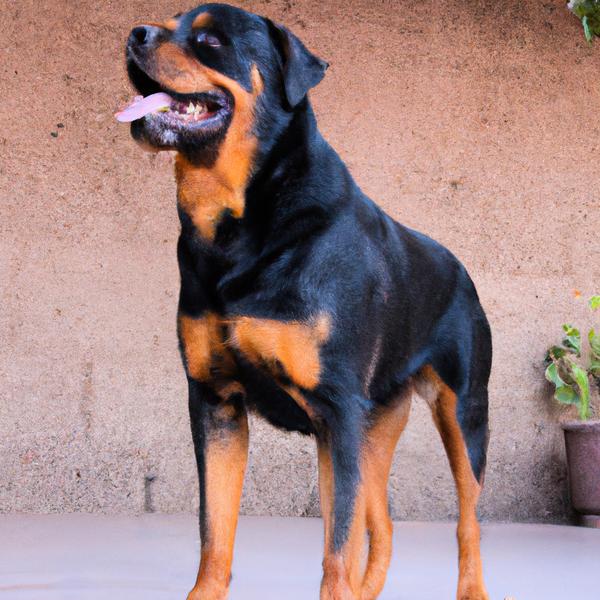Rottaf vs. Labrasenji: Breed Differences and Similarities
Hypoallergenic
Are Rottafs or Labrasenjis hypoallergenic, or neither?
Unfortunately, neither Rottaf nor Labrasenji are hypoallergenic, which may not make them the best choice for dog lovers who suffer from pet allergies.
Temperament
What are the personalities of Rottaf and Labrasenji dogs?
Aloof
Dignified
Independent
Clownish
Happy
Protective
Alert
Courageous
Intelligent
Loyal
Fearless
Good-natured
Curious
Playful
Loving
Energetic
Alert
Intelligent
Friendly
Responsive
Affectionate
Loyal
Gentle
Going
Social
Cheerful
Shedding Level
Do Rottafs shed more than Labrasenjis, or which breed sheds more, Rottafs or Labrasenjis?
Rottafs are moderate shedders, but regular brushing can reduce shedding and maintain coat health.
Labrasenjis are low shedding dogs, requiring minimal coat care.
Ancestry
What are the origins of Rottaf and Labrasenji breeds?
Rottweiler, Afghan Hound
Basenji, Labrador Retriever
Breed recognition
Which kennel clubs recognize/register Rottaf and Labrasenji?
ACHC = American Canine Hybrid Club
DDKC = Designer Dogs Kennel Club
DRA = Dog Registry of America, Inc.
Date of Birth
When were Rottaf and Labrasenji breeds first developed?
Unknown
2000s
Eye Color Possibilites
What are the eye colors of Rottaf and Labrasenji dogs?
Hazel
Brown
Hazel
Brown
Amber
Nose Color Possibilites
What are the natural nose colors of Rottaf and Labrasenji?
Black
Black
Brown
Coat Color Possibilites
What are the natural colors of the coat for Rottaf and Labrasenji breeds?
Black
Gray
Brown
Black
Brown
Red
Cream
Fawn
Brindle
Coat Length
What is the typical coat length for Rottaf and Labrasenji breeds?
The coat of Rottaf and Labrasenji dogs ranges in length from short to medium.
Coat Density
What is the density of the coat of Rottaf and Labrasenji?
Coat Texture
What is the hair texture of Rottaf and Labrasenji?
Straight
Litter Size
What is the usual litter size for Rottaf and Labrasenji?
A Rottaf can have a litter of 8-12 puppies on average. However, it's worth noting that the size of the litters can vary greatly. Factors that can influence litter size include the health of the mother, breeding history, and genetics.
A Labrasenji can have a litter of 5-10 puppies on average. However, it's worth noting that the size of the litters can vary greatly. Factors that can influence litter size include the health of the mother, breeding history, and genetics.
Adaptability
The adaptability of Rottaf and Labrasenji dogs is a well-known trait. They are known for being able to adjust well to different living environments and lifestyle changes.
Health Issues
Between Rottaf and Labrasenji, which breed is more prone to health problems?
Rottaf and Labrasenji breeds are generally considered to be healthy. However, like all breeds, they are susceptible to certain health issues and it is important to keep an eye out for them and address them with your veterinarian as needed.
Major Concerns
What are the major health concerns for Rottaf and Labrasenji breeds?
Elbow Dysplasia
Panosteitis
Hip Dysplasia
Bloat
Aortic Stenosis
Fanconi Syndrome
Basenji Enteropathy
Hip And Elbow Dysplasia
Persistent Pupillary Membranes (PPM)
Pyruvate Kinase (PK) Deficiency
Minor Concerns
What minor health issues should be kept in mind when owning Rottaf and Labrasenji?
Cataracts
Allergies
Hypothyroidism
Entropion
Ectropion
Retinal Dysplasia
Occasional Tests
What occasional tests are recommended for Rottaf and Labrasenji breeds?
X-Rays
Eye examination
Full Body Physical Examination
Thyroid Panel
Dna Test For Pk
Fanconi Urine Test
Eye Examination
Ear Examination
Endocardiogram
Cardiac Ultrasound
Internal Imaging (x-ray, CT scan, MRI, etc.)
Social Needs
Rottaf vs Labrasenji social needs comparison
Rottaf and Labrasenji have above average social needs compared to other breeds. They thrive in environments where they have a lot of interaction with humans and other dogs.
Sleeping Need
Which of the two sleeps the most/least: Rottaf or Labrasenji?
Rottafs sleep less than other breeds but still need adequate sleep for good health.
Labrasenjis are active and require sufficient sleep to stay healthy.
Mouthiness
Mouthiness Comparison: Rottaf vs Labrasenji?
Roaming urge
Rottaf vs Labrador: Running away tendency?
Prey Drive
Rottaf or Labrasenji - which breed has a higher level of prey drive?
Activity Level
Which breed has higher energy, Rottafs or Labrasenjis?
Rottafs are medium-energy dogs and typically enjoy socializing and playing casual or even sustained games of chase with other dogs. They may also have occasional periods of barking or racing around the house.
Labrasenjis are high-energy dogs. They need mental as well as physical exercise. These dogs require a lot of your involvement and without it they can, and will, become problematic dogs.
Tolerance of being left alone
Walks per Week
How many miles should Rottaf or Labrasenji walk each week?
There's really no limit to how far you walk your dog as long as they're comfortable. For Rottaf, it's at least 6 miles / week. Just remember to build distance and stamina gradually over time.
There's really no limit to how far you walk your dog as long as they're comfortable. For Labrasenji, it's at least 13 miles / week. Just remember to build distance and stamina gradually over time.
Activity per Day
Do Rottafs or Labrasenjis require more exercise?
In general most Rottafs usually need at least 30 minutes of exercise daily. This can be spread across the day and include all sorts of high-energy activities, like walking, running and playing.
In general most Labrasenjis usually need at least 75 minutes of exercise daily. This can be spread across the day and include all sorts of high-energy activities, like walking, running and playing.
Grooming
Which breed is easier to maintain in terms of grooming, Rottafs or Labrasenjis?
The Rottaf requires an average amount of grooming compared to other breeds.
The Labrasenji is a low-maintenance breed that doesn't require much grooming.
Brushing Frequency
What is the recommended brushing frequency for Rottaf and Labrasenji dogs?
Rottaf and Labrasenji should be brushed at least once a week. Of course, you can give them more frequent brushes if you find that they are still shedding a lot.
Brushing Tools
What brushing tools are used for Rottafs and Labrasenjis?
Pin Brush
Clipper
Nail Clipper
Slicker Brush
Comb
Nail Clipper
Cups
How much food should be given to Rottaf or Labrasenji in cups?
For an average 85-95 pound (39 - 43 kg) Rottaf feed 3 cups daily. But, keep in mind, the amount you feed is going to be dependent on the quality of the food you are feeding.
For an average 40-70 pound (18 - 32 kg) Labrasenji feed 3.5 cups daily. But, keep in mind, the amount you feed is going to be dependent on the quality of the food you are feeding.
Daily Cost
Which breed has a higher daily cost, Rottaf or Labrasenji?
The average cost of a Rottaf is somewhere $2.10 - $2.70 per day.
The average cost of a Labrasenji is somewhere $3.40 - $4.50 per day.
Monthly Cost
Which breed has a higher monthly cost, Rottaf or Labrasenji?
The average per month expenses of a Rottaf is between $55 - $73. This makes an average of $660 - $876 per year. It will be on the higher side when the dog is still small because it will need more frequent visits to the vet, shots.
The average per month expenses of a Labrasenji is between $101 - $134. This makes an average of $1212 - $1608 per year. It will be on the higher side when the dog is still small because it will need more frequent visits to the vet, shots.
Sensitivity Level
How do Rottaf and Labrasenji compare in sensitivity?
This breed is sensitive to its environment and best suited for patient and understanding families with a consistent routine.
This breed is sensitive and requires gentle handling and a calm home environment.
Apartment Friendly
Which breed is more apartment-friendly: Rottaf or Labrasenji?
The Rottaf is a great apartment dog, thriving with sufficient exercise and time outside as part of their daily routine.
Labrasenjis can do well in apartments with enough exercise and time outside, but a small yard would be ideal.
Child Friendly
Do Rottafs or Labrasenjis have a friendlier temperament towards children?
Rottafs have an average level of friendliness towards children.
Labrasenjis make excellent family pets for kids due to their gentle, protective nature and calm temperament.
Senior-friendly
Which dog is more suitable as a pet for the elderly - Rottaf or Labrasenji?
Cat Friendly
Do Rottaf or Labrasenji breeds have a better compatibility with cats?
Rottafs and Labrasenjis are an average cat friendly dog. They do well with cats, even more if raised together from puppyhood.
Dog Friendly
Which breed is more sociable with other dogs: Rottaf or Labrasenji?
Rottafs are less friendly towards other dogs, but can improve with socialization.
Labrasenjis are friendly and active companions, and can be good family pets, though their friendliness towards other dogs may vary.
Pet friendly
How do Rottaf or Labrasenji dogs interact with other pets?
Stranger Friendly
Which breed is more friendly with strangers: Rottaf or Labrasenji?
Rottafs are quick to announce strangers and can be standoffish or suspicious.
Labrasenjis are friendly but may bark at strangers, and training is easy due to their intelligence.
Playfulness
Which breed is more playful between Rottaf and Labrasenji?
Rottafs have an average level of playfulness, enjoying playtime like most dogs but not excessively so.
Labrasenjis are a playful breed that needs daily playtime to be happy.
Trainability
How do the trainability levels of Rottafs and Labrasenjis compare?
Rottafs are popular for their ease of training and quick learning ability.
The Labrasenji is highly intelligent and eager to please, making it a great choice for both novice and experienced dog owners due to its easy trainability.
Compare Rottaf with other breeds
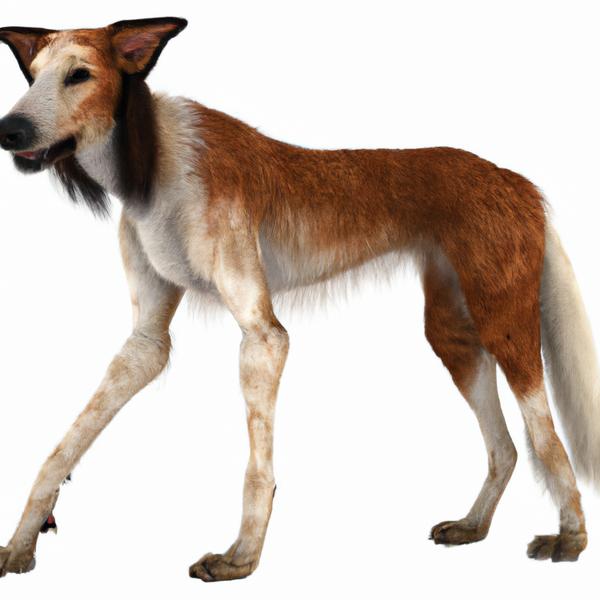
Meagle
Rottaf vs Meagle
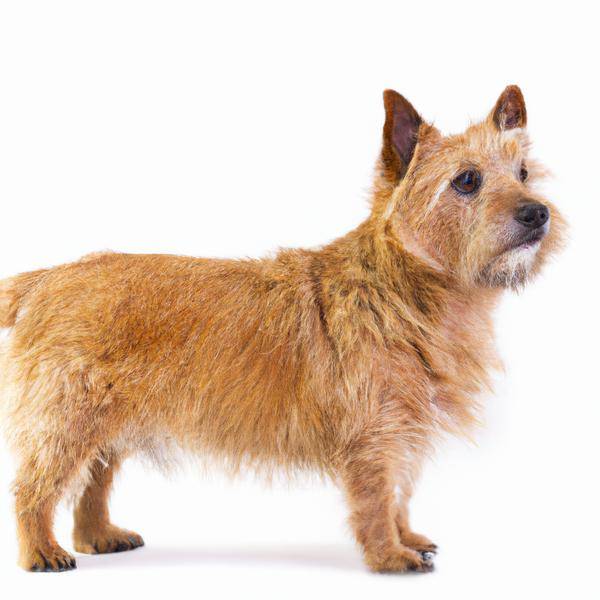
Norwich Terrier
Rottaf vs Norwich Terrier
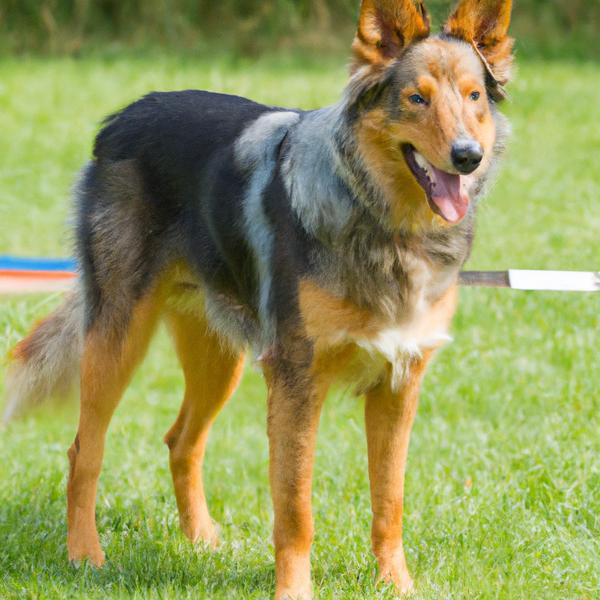
German Australian Shepherd
Rottaf vs German Australian Shepherd
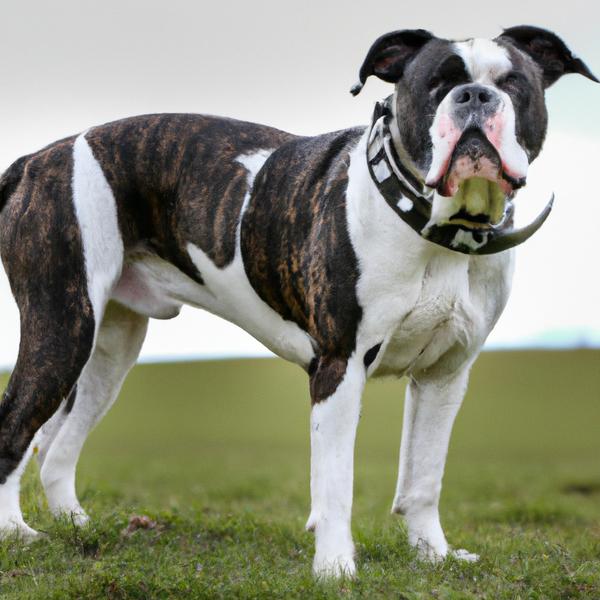
English Bull Springer
Rottaf vs English Bull Springer
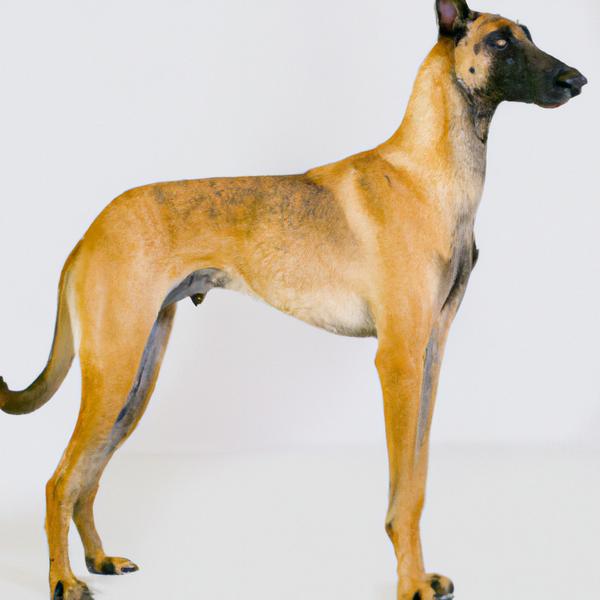
Malinois Greyhound
Rottaf vs Malinois Greyhound
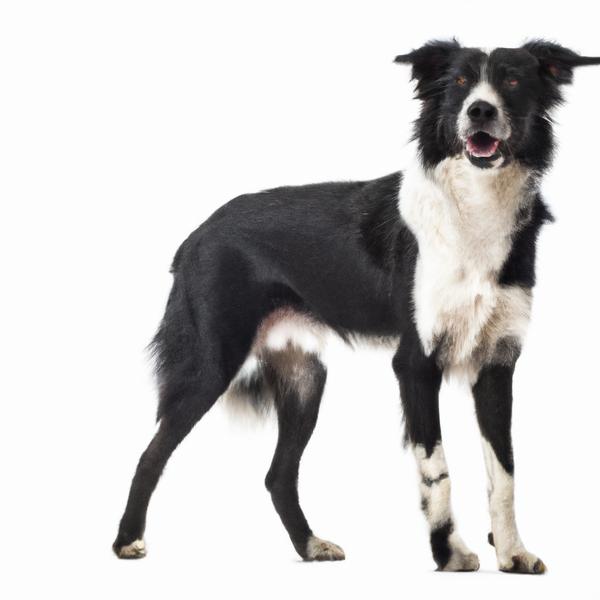
Giant Border Schnollie
Rottaf vs Giant Border Schnollie
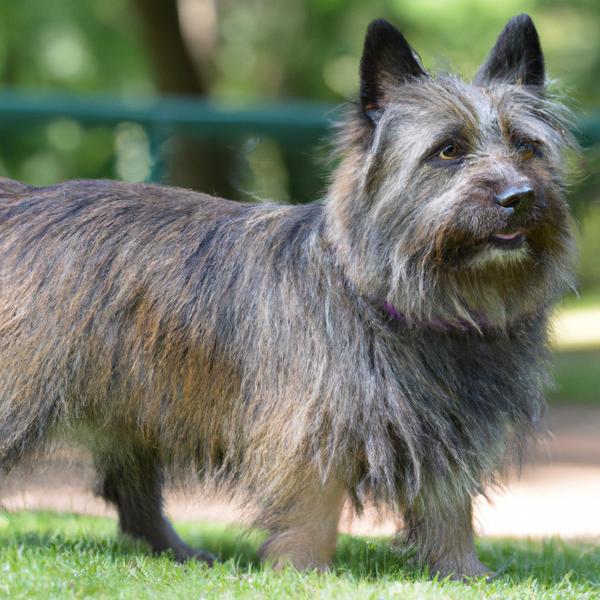
Cairn Australian Shepterrier
Rottaf vs Cairn Australian Shepterrier
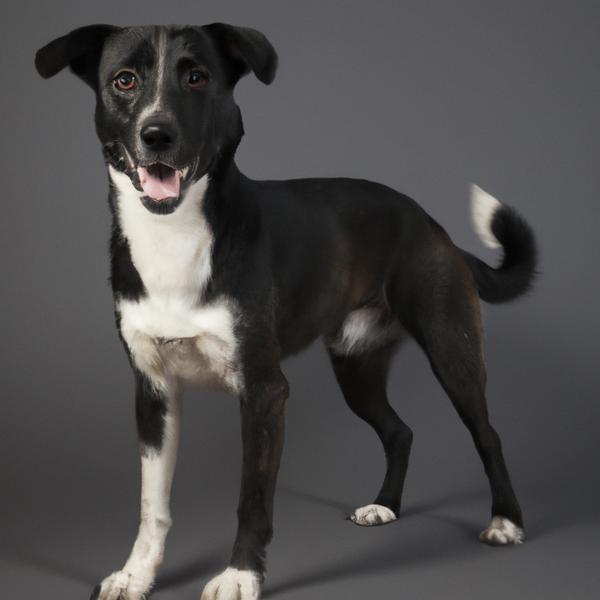
Labrasenji
Rottaf vs Labrasenji
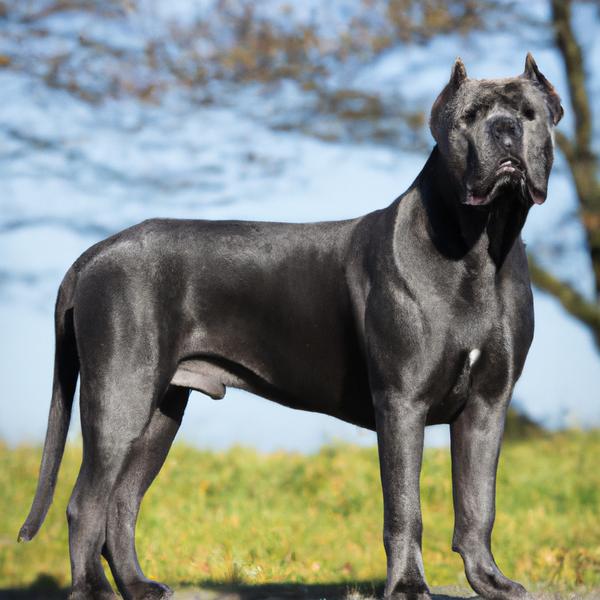
Blue Blood Cane Corso
Rottaf vs Blue Blood Cane Corso
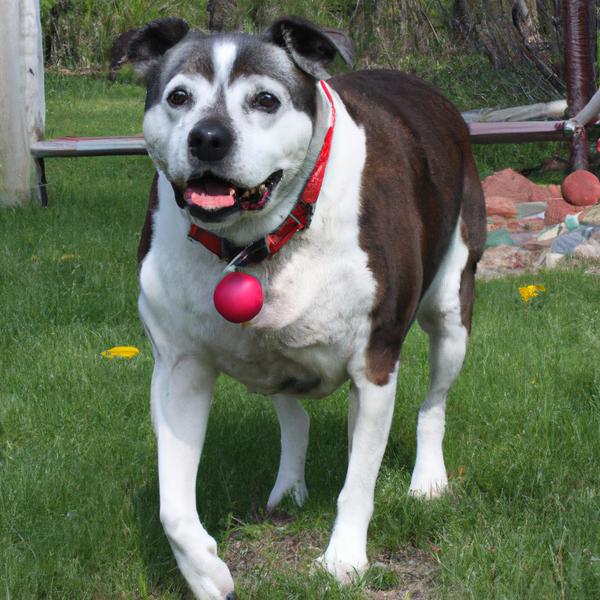
Olde Pit Bulldogge
Rottaf vs Olde Pit Bulldogge
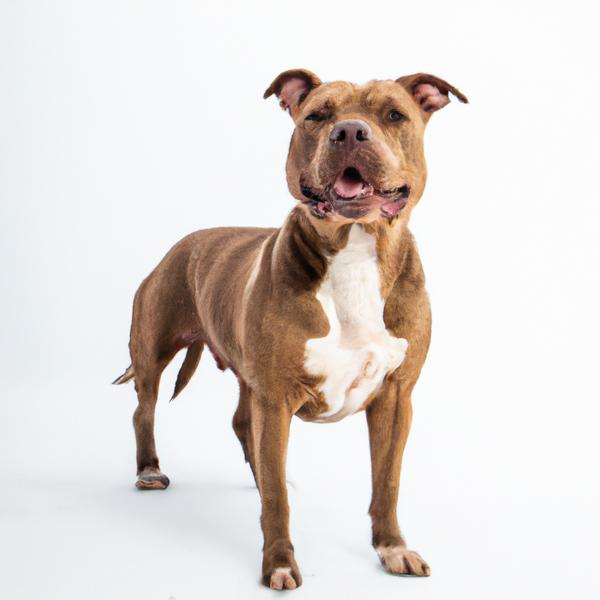
Pit Pei
Rottaf vs Pit Pei
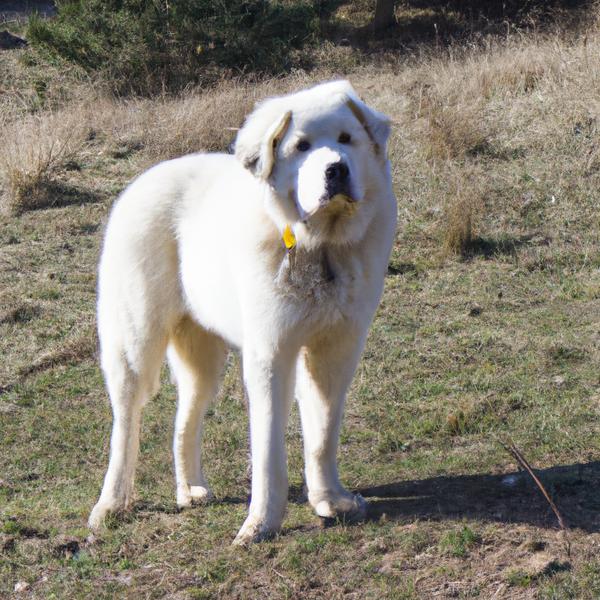
Saint Pyrenees
Rottaf vs Saint Pyrenees
